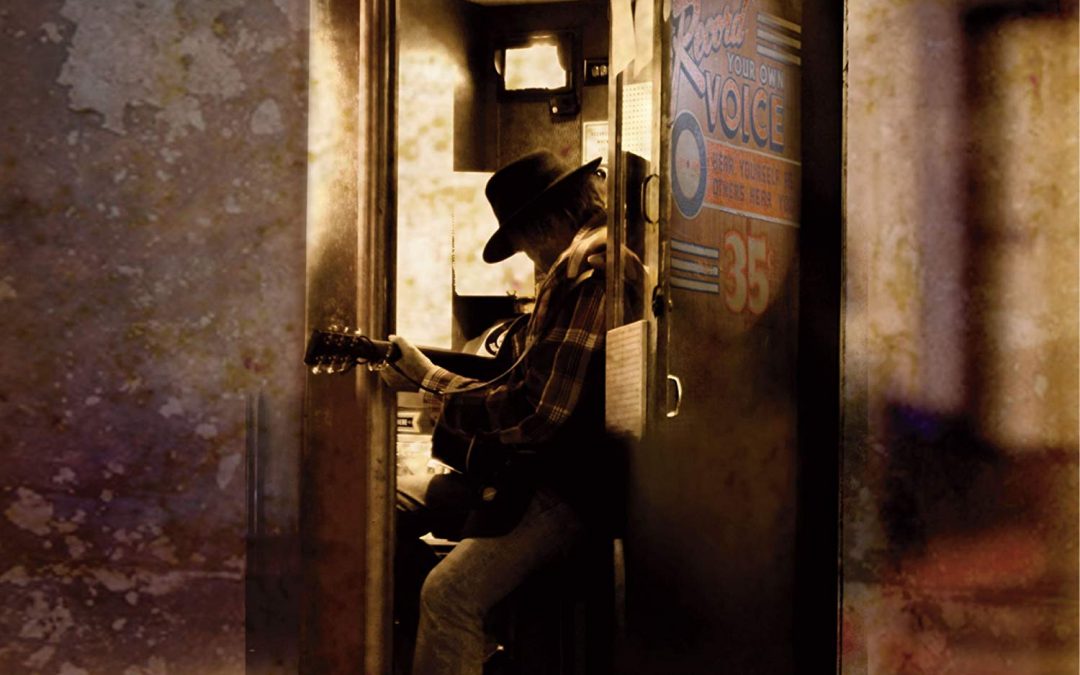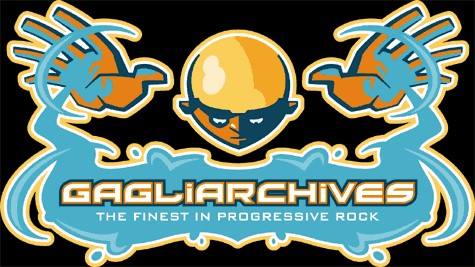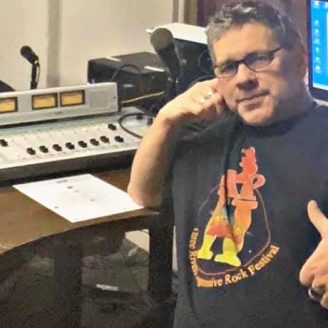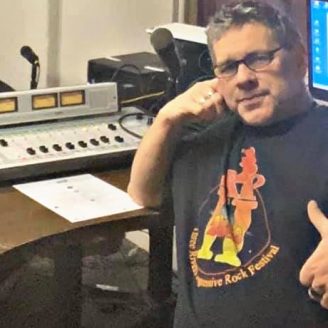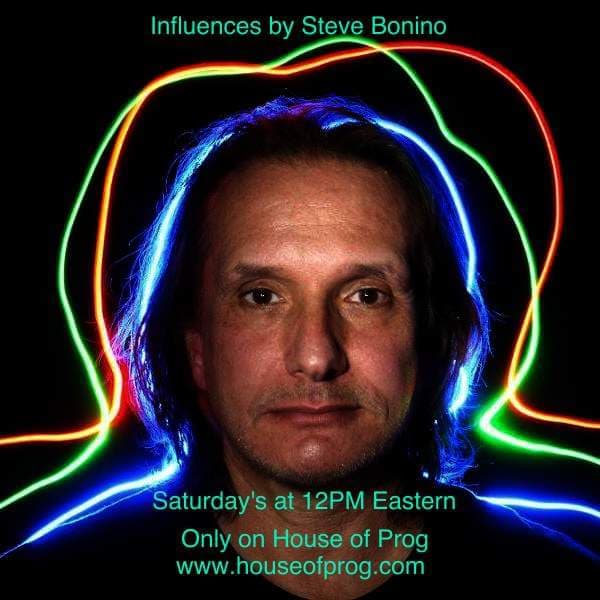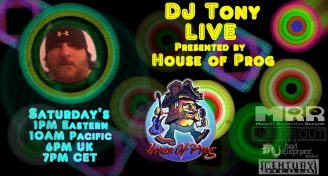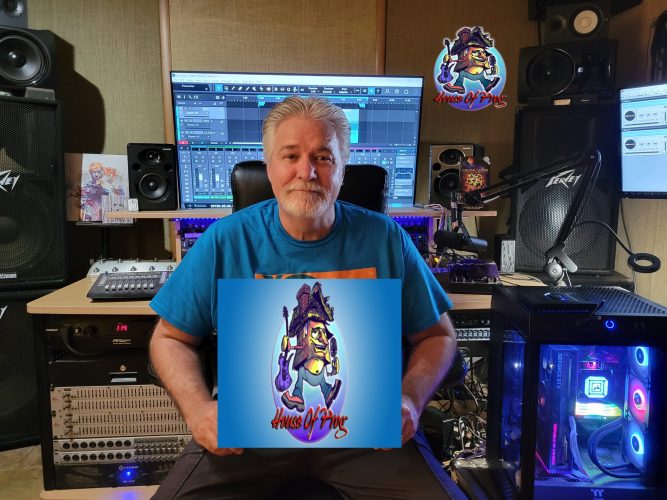There is no doubt that one of the most readable and enjoyable musical biographies released in the last 10 years has to be Young’s ‘Waging Heavy Peace’. In many ways it reminds me of Bill Bruford’s excellent autobiography in the way it shifts and moves all over the place as opposed to following a strict chronological sequence. One of Young’s main annoyances in recent years has what he has seen as the dumbing down of music, and especially it is the way it is often presented to the listener with top and bottom end missing, and he has been working to produce a different type of presenting music so it keeps the full range. So, given all the work he had been undertaking in that area, it was somewhat surprising to listen to this album which was released in 2014. For the recording, Young took a real step back in time, working with Jack White in a 1940s phone-booth-size studio to record some cover versions direct to vinyl.
Anyone coming across this with no background of listening to music originally recorded in this era is going to be in for quite a shock, as the sonic experience is quite different to listeners of music recorded today would expect. There are times when there is a problem with the speed as the recording slightly slows down or speeds up, there is no depth to any of the instruments, we hear crackles and pops, and there are obvious fluffs where there is a clunky chord change, but here it is in all its beauty. When I say the word “beauty”, I really mean it, as this is one of the most enjoyable albums I have heard from Young in his lengthy and ground-breaking career. It is a very personal record, and there are places where Neil speaks to his mom, talking about songs he and his friend Jack have rediscovered and sending her messages. His old-style piano take on “Reason To Believe” is packed full of emotion, so very different indeed to the version made famous by Rod Stewart, taking it back to some 20 years or so before Tim Hardin originally wrote it.
The harmonica is often sharp, riding roughshod over other instruments, while it sounds as if the piano has been seen far better days, having spent many years in a Western bar somewhere, yet there is something incredible very special indeed taking place on this album. The highlight is probably his version of Bert Jansch’s “Needle of Death”, which starts with whistling and gently strummed guitars. The vocals here are incredibly poignant, somewhat behind the guitars, and is packed full of emotion which the recording style makes even more meaningful. I am listening to a lot of Neil Young at the moment, and I love all his different styles from the full-on attack of Crazy Horse to his albums when it is just him and an acoustic, but this is something very different and very special indeed. It makes him sound frail, human, and incredibly exposed.
Rating: 10/10

